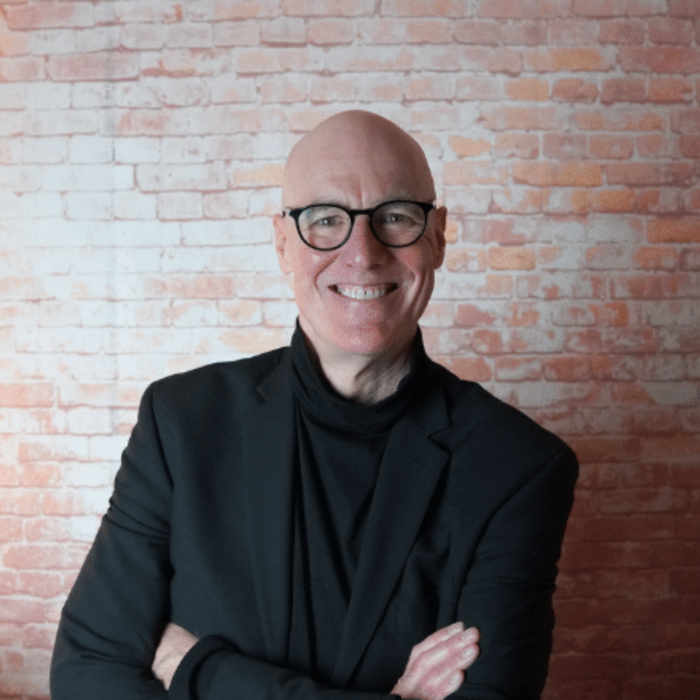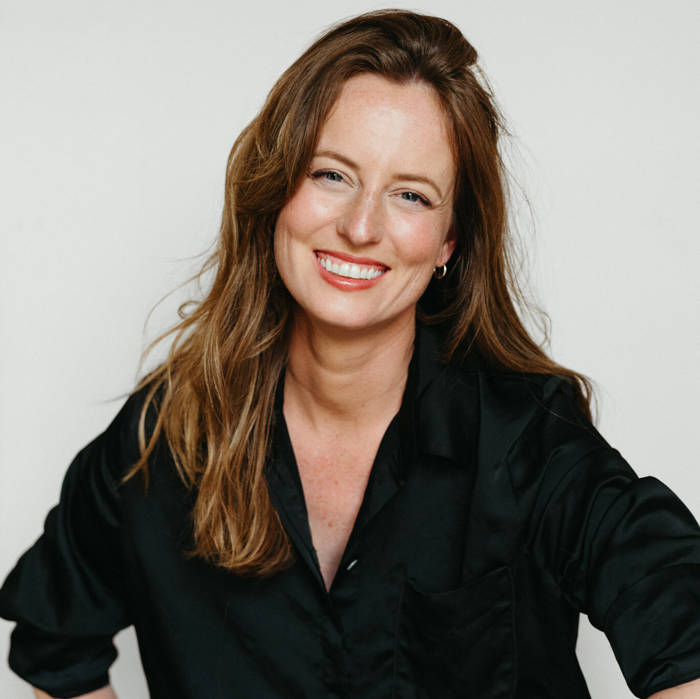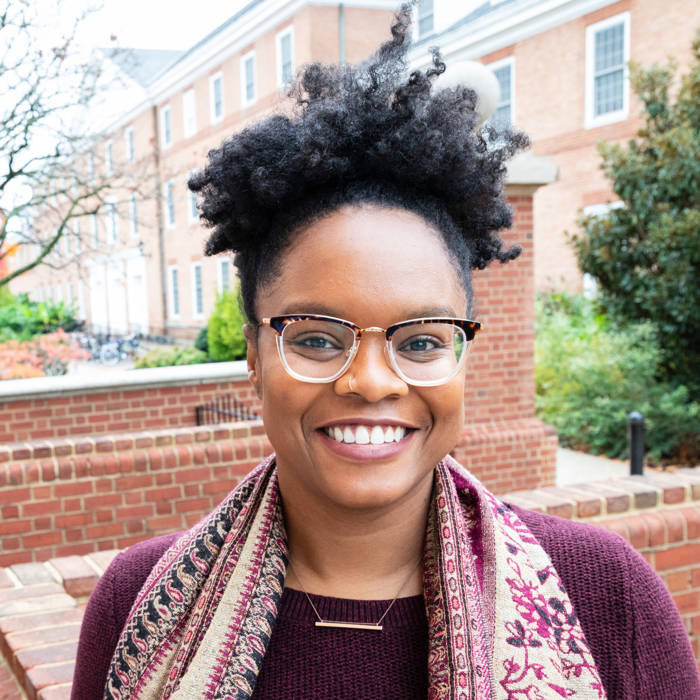That’s What He Said: Gender Inequity in Sound Perception Research
Tuesday 30th July 2024, 5:00 PM - 7:00 PM (London Time)
Did you know that women were not required to be included in clinical research in the western world until the 1990s? With many of the fundamental models of sound perception we still use today dating back to research conducted throughout the mid-1900s, it’s no surprise that gender inequities abound. This course will detail the historical roots of gender inequity and bias in sound perception research, contrast that against present day research methods, and explore cutting-edge research that highlights the many roles that gender may play in sound perception, as well as in singing, and why those roles may impact research outcomes.
Attendees will be encouraged to share their thoughts on: various sound examples, how they believe gender manifests in sound perception, and their experiences and observations of gender bias and inequities in the field. With a deeper understanding of what we know and what we don’t know regarding the role of gender in sound perception, attendees will be empowered to leave this course with a newfound curiosity and scrutiny of past and present sound perception models and a drive to push the field forward to be more inclusive and equitable.
Kristen Murdaugh
Kristen Murdaugh (she/they) is a voice pedagogue, voice scientist, singer, and activist. An evidence-based, identity-affirming, student-centered voice teacher, she believes in helping her students find their most authentic voices through the intersection of cutting-edge voice science and tried-and-true voice pedagogy.

Attend this course for as little as £22 as part of the Voice Professional Training CPD Award Scheme.
Learn MoreSorry, this is an archived short course...
We have plenty of upcoming short courses coming soon. See details of some of them below or look at the full list of short courses.

Tuesday 22nd July 2025
5:00 PM - 7:00 PM
Tuesday 29th July 2025
5:00 PM - 7:00 PM
Tuesday 5th August 2025
5:00 PM - 7:00 PM
Tuesday 12th August 2025
5:00 PM - 7:00 PM
Tuesday 19th August 2025
5:00 PM - 7:00 PM
Tuesday 26th August 2025
5:00 PM - 7:00 PM
(London Time)
Certificated Public Speaking Coach qualification - with John Henny

John Henny
Would you like to be a certified public speaking coach? Join the renowned John Henny for this exciting new online course! This six-week online certification course is designed to equip voice teachers with the specialised skills needed to work with public speakers, corporate trainers, educators, and presenters. Unlike a general public speaking course, this program is specifically tailored to train-the-trainer, giving voice professionals structured methodologies, coaching techniques, and applied skills to enhance vocal delivery, confidence, and influence in professional speakers.

Thursday 24th July 2025
5:00 PM - 6:00 PM
(London Time)
Transitioning From Soprano To Mezzo-Soprano - Pedagogical Approaches!

Dr Caitlin Moore
This workshop will explore the considerations for transitioning from soprano to mezzo-soprano. We will examine the history and vocal science related to voice classification as well as interviews with singers and voice teachers. Interviews feature singers who have experienced this Fach change themselves, as well as voice teachers who have helped singers navigate this shift.


Tuesday 29th July 2025
5:00 PM - 7:00 PM
(London Time)
Towards a Jazz Pedagogy: Lessons from Legends and Educators!

Dr Autumn Griffin
Join Dr Autumn Griffin as she explores the foundational tenets of jazz pedagogy as both a conceptual and practical framework for teaching, in this two-hour workshop. Drawing from her research in “Towards a Jazz Pedagogy: Learning with and from Jazz Greats and Great Educators,” she’ll investigate how jazz (its historical and cultural legacy, structure, improvisation, and relationality) can be mobilized to inform dynamic, liberatory educational practice!
